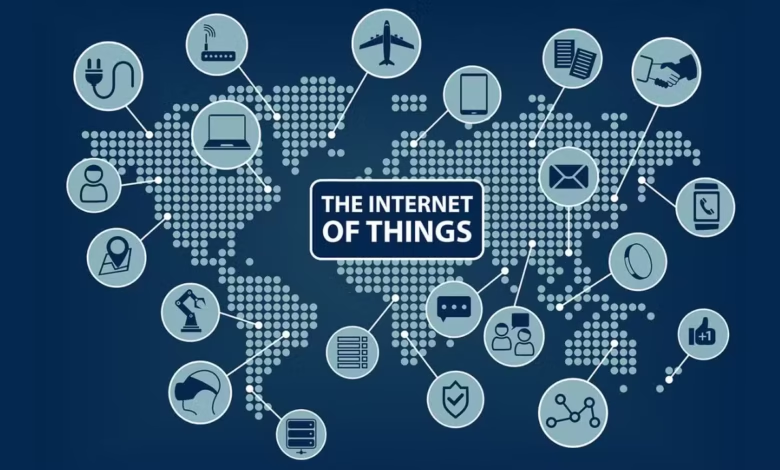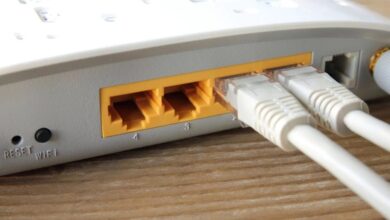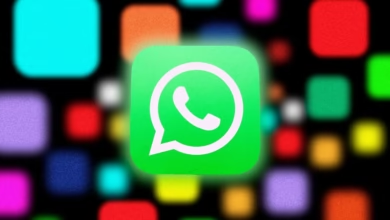
How Urban Lives Are Being Rewired by the Internet of Things
The IoT industry is expanding significantly on a global scale, and by 2025, it is expected to reach around $1.06 trillion. The growing use of smart infrastructure and connectivity solutions, which enable automation and well-informed decision-making, is what is causing this quick expansion.
IoT solutions are being integrated by industries all around the world to improve services and expedite processes. Secure IoT connectivity lowers downtime and lowers the risk of fraud in the banking and finance industry by ensuring smooth transactions and dependable ATM operations. Real-time tracking technologies that optimize fleet management, boost fuel efficiency, and improve passenger experiences in public transportation networks are advantageous to the transportation sector. Smart metering is used by utilities to automate the monitoring of energy consumption, allowing for precise invoicing and the reduction of inefficiencies. IoT-powered surveillance systems improve safety measures in the security domain by offering remote monitoring and real-time notifications.
In Pakistan, the use of IoT is evolving dramatically. The market for smart cities in Pakistan is anticipated to reach $131.55 million by 2025 as the potential of IoT in urban planning becomes more widely acknowledged. As the foundation for networked infrastructure and data-driven applications, the telecom industry is essential to this digital shift. Advanced IoT solutions will be deployed more quickly thanks to the growing adoption of 4G and the planned launch of 5G networks, which will give consumers and businesses more security, efficiency, and control.
With its industry-leading IoT solutions that facilitate seamless connectivity and operational optimization across numerous sectors, Zong 4G is at the vanguard of this digital revolution. In the banking industry, Zong offers dependable and secure M2M SIMs that provide real-time data transfer for banking networks, enabling secure point-of-sale operations and ongoing ATM transactions. Zong’s solutions enable fleet management systems in the transportation industry, guaranteeing logistics firms effective vehicle tracking and route optimization. Zong’s IoT connectivity is used by utility companies for smart metering, which lowers energy waste and improves grid dependability. These technologies support the larger goal of a digitally empowered Pakistan in addition to increasing company efficiency.
Various sectors are supported by Zong’s IoT solutions. For safe transactions and mobile office access, top banks like UBL and HBL depend on Zong’s Private APN with VPN aggregation. For banking backup connectivity, Wateen, Cybernet, and Multinet use Zong’s fiber-backed Private APN. In contrast, Zong’s Private APN improves connectivity for Peshawar, Islamabad, and Lahore’s Metro Bus networks. In order to guarantee smooth communication between its site offices and headquarters and increase operational efficiency, the National Highway Authority also incorporates Zong’s Private APN.
In the future, it is anticipated that advancements in AI, edge computing, and network infrastructure would accelerate the growth of IoT in Pakistan. Predictive analytics in manufacturing, healthcare, and urban management will be strengthened by the confluence of IoT and AI, resulting in more intelligent services and lower costs. Pakistan is progressively constructing a networked, data-driven environment through digital transformation projects and increasing investments in smart cities. Telecom companies will continue to play a key role in delivering scalable and secure IoT solutions that transform industries and improve urban living nationwide as long as innovation in this field continues.



